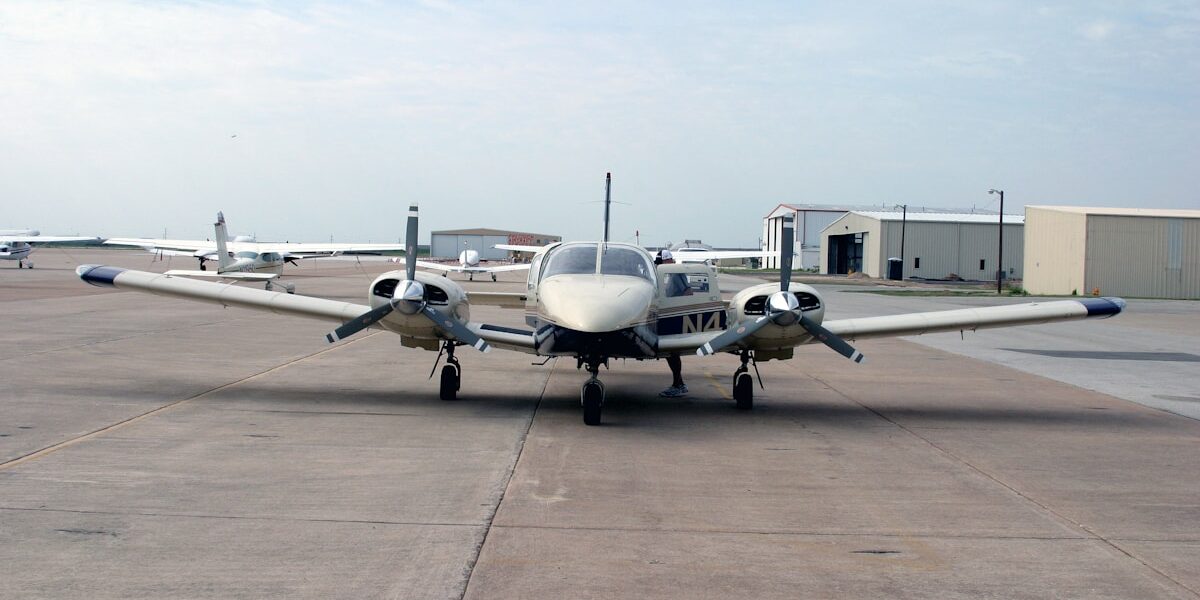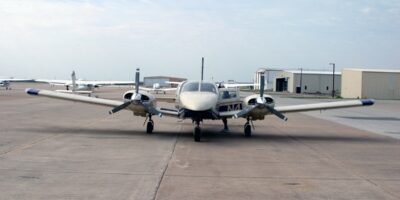Exploring Flight Schools Near You
Aviation enthusiasts often dream of taking to the skies. But turning that dream into reality requires proper education and training. This is where flight schools come into play. They offer the courses that equip aspiring pilots with the necessary skills and knowledge. In this article, we will delve into how to locate reliable flight schools close to you and what you should consider when choosing one.

Understanding Flight Schools
Flight schools offer a variety of courses to help you become a qualified pilot. Their offerings range from private pilot certifications to more advanced commercial pilot licenses. They also provide instrument ratings, multi-engine ratings, and ground school classes. Each program is designed to meet different aviation goals. Deciding on your pathway depends on what you aim to achieve in your flying career.
Types of Flight Schools
- Part 61 Flight Schools: These schools provide flexible training programs. They tailor training sessions to the individual needs of the student, making them a popular choice for hobbyists.
- Part 141 Flight Schools: These schools follow a structured curriculum approved by the FAA. They are suitable for those pursuing a career in aviation, offering a more standardized approach to flight training.
How to Find a Flight School Near You
Begin your search by using online directories dedicated to flight schools. Websites such as AOPA (Aircraft Owners and Pilots Association) and FAA provide resources to locate accredited schools. Searching for flight schools near me in search engines can also yield useful results. Make sure to check school reviews and ratings left by other students. This can offer insight into the quality of education and instruction provided.
What to Look for in a Flight School
A prospective flight school must hold proper accreditation. Accredited schools adhere to the standards set by aviation authorities. Consider the fleet size and types of aircraft available for training. A larger fleet means more variety and availability. Experienced instructors are crucial. They bring valuable insights and real-world experience to their teaching.
Cost Considerations
Flight training can be expensive. It’s important to understand the costs involved upfront. Tuition fees can vary widely depending on the type of school and the certification courses. Some schools offer financing options and scholarships to help mitigate the financial burden. Always check for transparent pricing to avoid hidden fees.
Evaluating Training Programs
Ask about the syllabus and curriculum offered by the school. A well-designed program is comprehensive and covers various flight scenarios, ground training, and safety protocols. Compare the time commitment required for each program. Some schools offer accelerated courses that can fit tighter schedules.
Visiting the Flight School
Arrange a visit to the flight school. This will give you a feel for their operation. Observe the facilities and resources. A well-maintained school offers a better learning environment. Meet with the instructors and staff. Your comfort and rapport with them are important since you’ll be working closely together.
Networking Opportunities
Taking part in a school’s community can help with your career advancement. Schools with active alumni networks provide better support and job placement opportunities. Choose a school that hosts industry events and workshops. These activities offer a platform to connect with aviation professionals and peers.
Ensuring Safety Standards
The school must prioritize safety. Inquire about their safety procedures and maintenance of aircraft. They should comply with all aviation safety regulations. Schools with a good safety record often have rigorous checks in place.
Testimonials and Success Stories
Look for testimonials from past students. These can give you an idea of their experiences and the school’s success rate in terms of student outcomes. Successful alumni often indicate effective training and well-prepared instructors.
Online Resources and Technology
Modern flight schools often incorporate technology in their training programs. Find out if they offer online resources such as simulators, digital courses, or interactive materials. These tools can complement traditional training methods.
Additional Training Opportunities
Some schools offer special training opportunities. Programs like mountain or seaplane flying can diversify your skill set. Extra certifications and ratings can enhance your credentials as a pilot. Consider schools that offer these additional programs if they align with your goals.
“`
This code outlines a structured post for a WordPress blog about finding flight schools nearby. The article is meant to be informative for readers looking into flight schools, with clear insight into selection considerations and different aspects of flight training.



